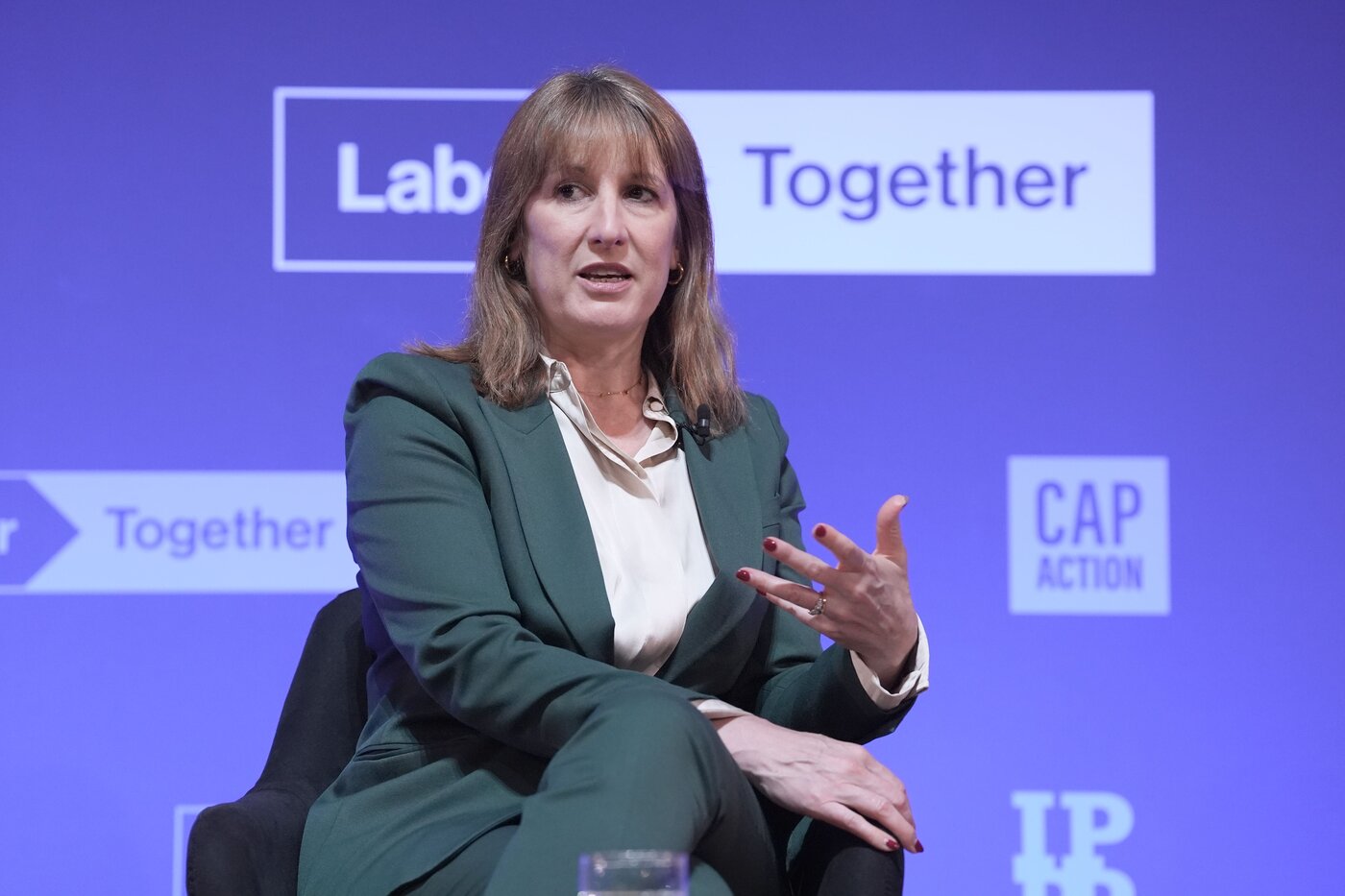Chancellor Faces Major Fiscal Shortfall
Rachel Reeves is reportedly considering raising income tax in her November Budget to close a £30bn deficit. The Chancellor faces one of the most challenging fiscal decisions in recent history, with the Treasury debating whether breaking Labour’s “no tax rise for working people” manifesto pledge is now unavoidable.
1p Income Tax Rise Under Discussion
Treasury officials are weighing options, including a 1p increase in the basic rate of income tax the first rise since the 1970s which could raise around £8bn. Alternatives include raising higher or additional tax rates, though these would bring in only a fraction of that amount.
Balancing Fiscal Rules and Political Fallout
Advisers believe increasing income tax may be the only realistic way to remain within Reeves’s self-imposed “iron fiscal rules.” However, such a move risks alienating voters and handing ammunition to Conservatives and Reform UK, who could brand Labour as betraying working people.
Treasury’s Push for Fiscal ‘Headroom’
Sources suggest Reeves wants to increase fiscal “headroom” the buffer for unexpected spending beyond the £10bn benchmark. Higher headroom would provide stability but almost certainly require a rise in income tax, deepening political risks for Labour.
Economic Challenges Deepen Budget Pressure
The Office for Budget Responsibility’s downgrade of UK productivity forecasts has wiped out £20bn in expected revenue. Reeves must also fund reversals to welfare cuts, winter fuel payments, and new social policies, leaving limited space for fiscal manoeuvre.
Exploring Alternatives: NI Reform and Tax Fairness
Alongside income tax discussions, the Treasury plans to raise £2bn by increasing National Insurance for high-earning professionals in partnerships, such as doctors and lawyers. The Resolution Foundation has proposed pairing an income tax rise with an NI cut to ease pressure on working families.
Weighing Economic Realities Against Political Promises
As Budget day approaches, advisers stress the need for a “credible argument” if Reeves chooses to raise taxes. Economists warn that without decisive action, Labour risks further instability but breaking its tax promise could be politically costly ahead of the next general election.











